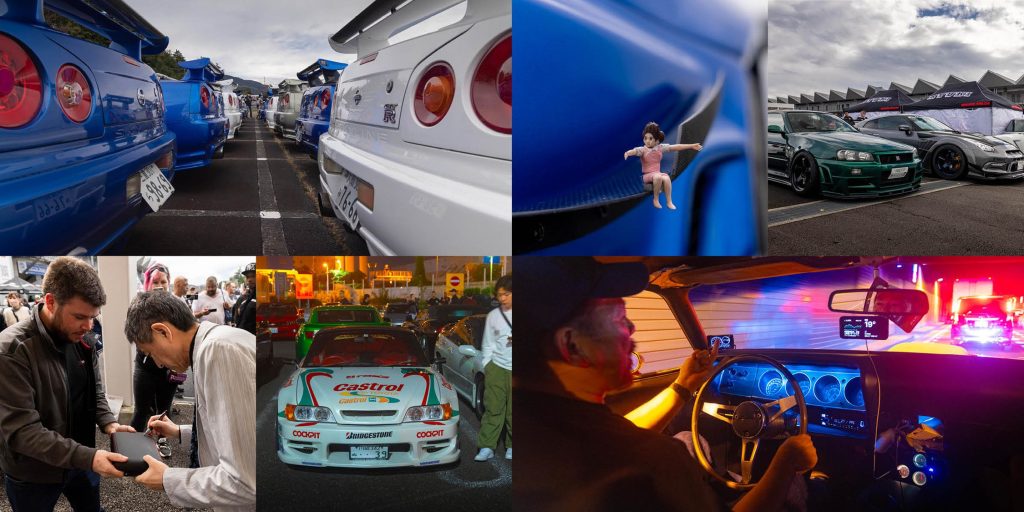

**Common Car Owner Experiences in Desi Culture**
In various South Asian nations, possessing a car transcends being merely a means of transportation; it embodies status, accomplishment, and practicality. The car culture within these areas is abundant with distinct experiences and customs that reflect the lively and varied essence of Desi life. Below are some prevalent car owner experiences in Desi culture:
**1. The Initial Car Acquisition: A Family Matter**
Purchasing a car is frequently a collective family choice. It includes discussions, consultations, and at times, even input from the extended family. This journey goes beyond simply selecting a vehicle; it entails evaluating considerations such as family size, budget, and even auspicious timing. Numerous families consult astrologers or opt for specific dates regarded as fortunate for the acquisition.
**2. Ceremonies and Blessings**
After the car is bought, it is customary to conduct a small religious ritual to bless the automobile. This can involve breaking a coconut in front of the vehicle, tying a lemon and chili to protect against malevolent spirits, or visiting a temple for blessings. Such ceremonies are believed to guarantee the safety and endurance of the car and its occupants.
**3. Customization and Adornment**
Desi car owners frequently customize their automobiles with various adornments. This may include suspending religious symbols or idols from the rearview mirror, placing garlands on the dashboard, or installing vibrant seat covers. These embellishments serve not only aesthetic purposes but also represent the owner’s character and beliefs.
**4. The Skill of Bargaining**
Haggling over the price of a vehicle is a talent that many Desi car owners take pride in. Whether acquiring a new or used car, bargaining is a fundamental component of the experience. This negotiation extends to car repairs and maintenance, where securing the best deal is viewed as a triumph.
**5. Community and Social Prestige**
Owning a vehicle can enhance one’s social standing in many Desi communities. It is often perceived as a marker of financial stability and achievement. Cars are frequently utilized for family outings, social gatherings, and community events, embedding them as a crucial aspect of social life.
**6. The Affection for Road Journeys**
Desi car owners generally possess a strong appreciation for road trips. Whether it’s a pilgrimage, a journey to ancestral homes, or an unplanned escape, cars are regarded as gateways to adventure and discovery. These journeys are typically family-oriented, filled with music, food, and merriment.
**7. Maintenance and Repairs: A Community Endeavor**
Car upkeep and repairs often entail the involvement of the local community. Many car owners have trusted mechanics who are viewed as an extension of the family. Repairs and servicing become moments for social engagement, where tales are shared, and bonds are reinforced.
**8. The Importance of Cars in Celebrations**
Vehicles hold significant importance in numerous celebrations, including weddings and festivals. They are often ornately decorated for wedding parades or utilized to transport family members during festive events. The car evolves into a part of the celebration, symbolizing joy and abundance.
In summary, car ownership in Desi culture is a rich experience that surpasses simple transportation. It integrates family, tradition, community, and personal expression, establishing it as a unique and essential aspect of life in South Asia.






